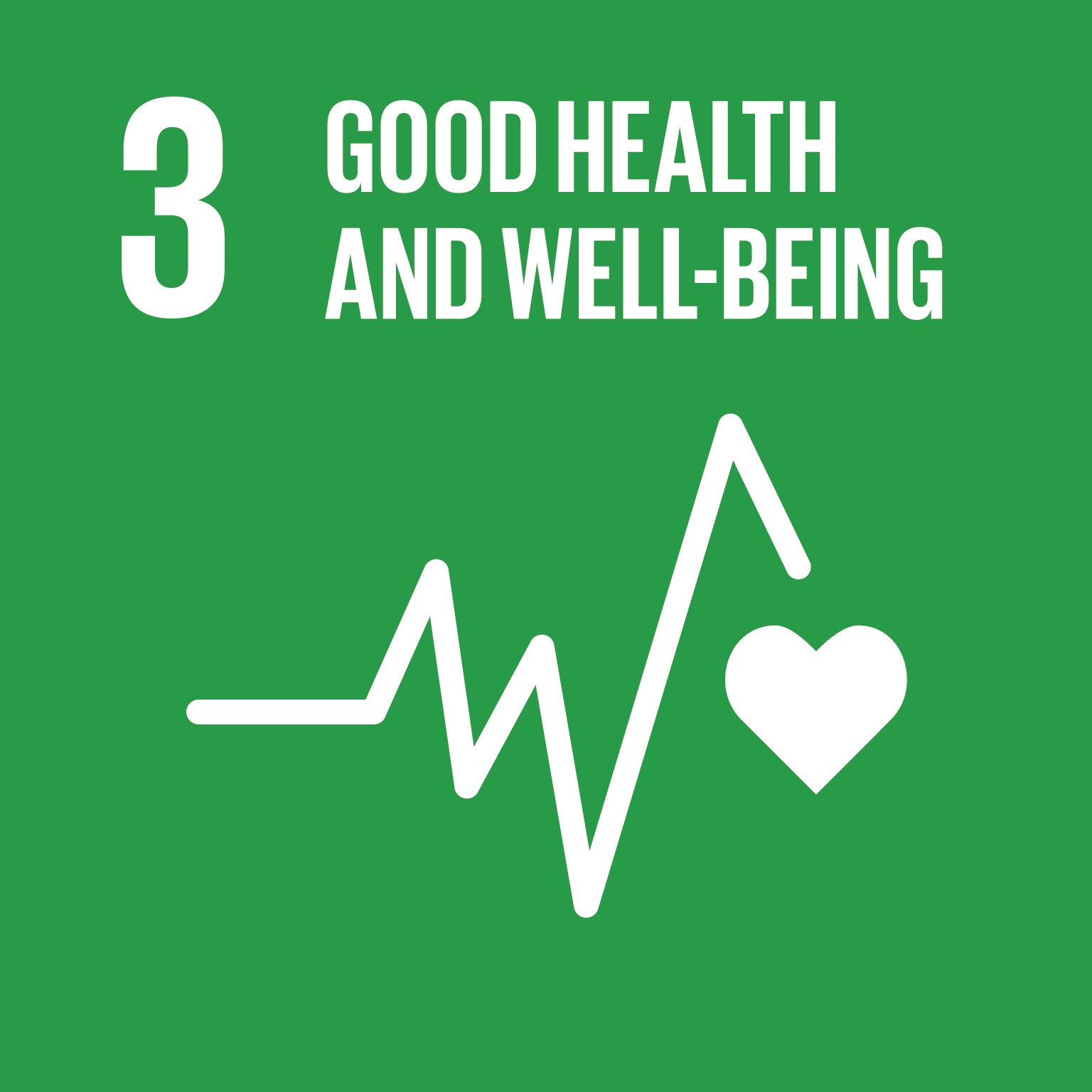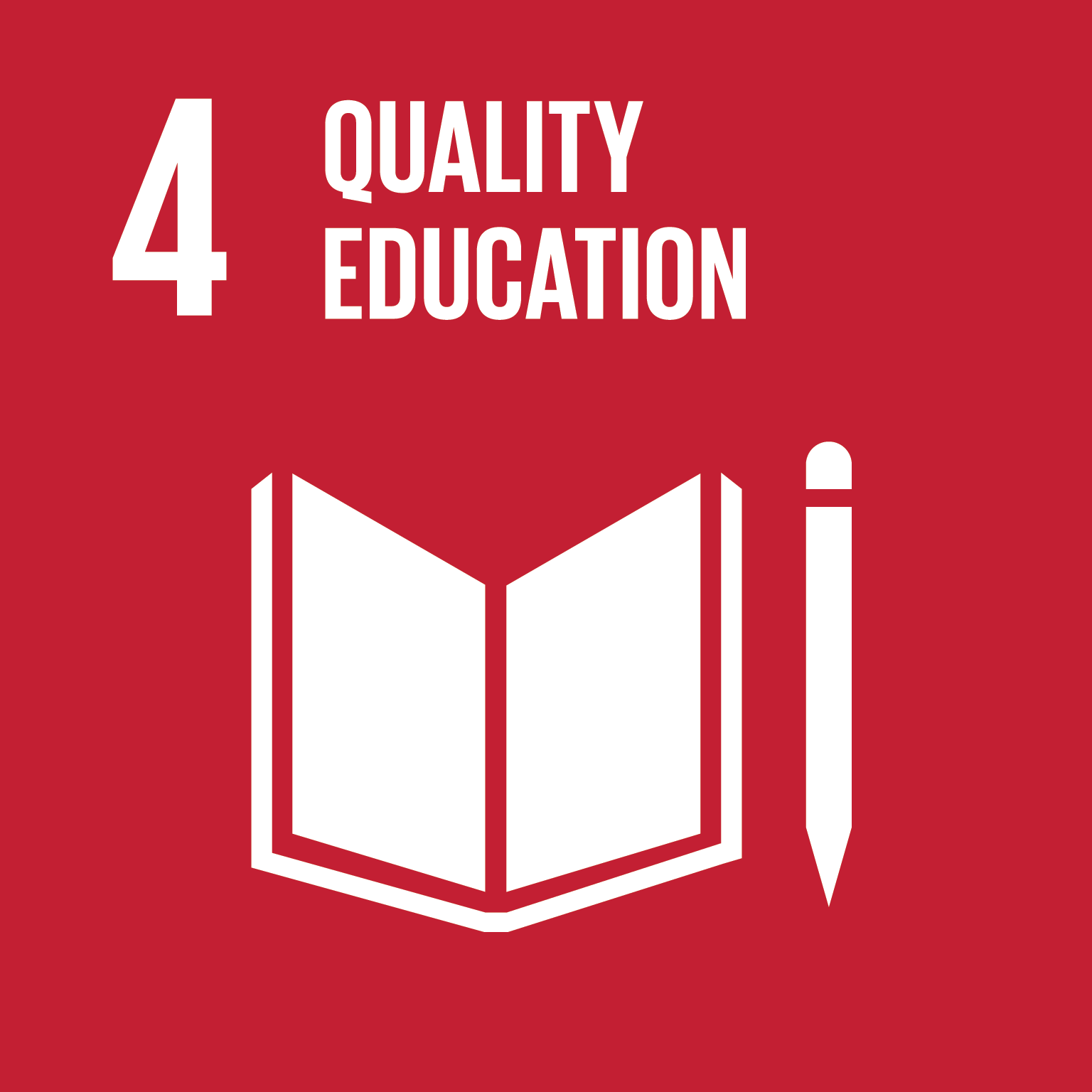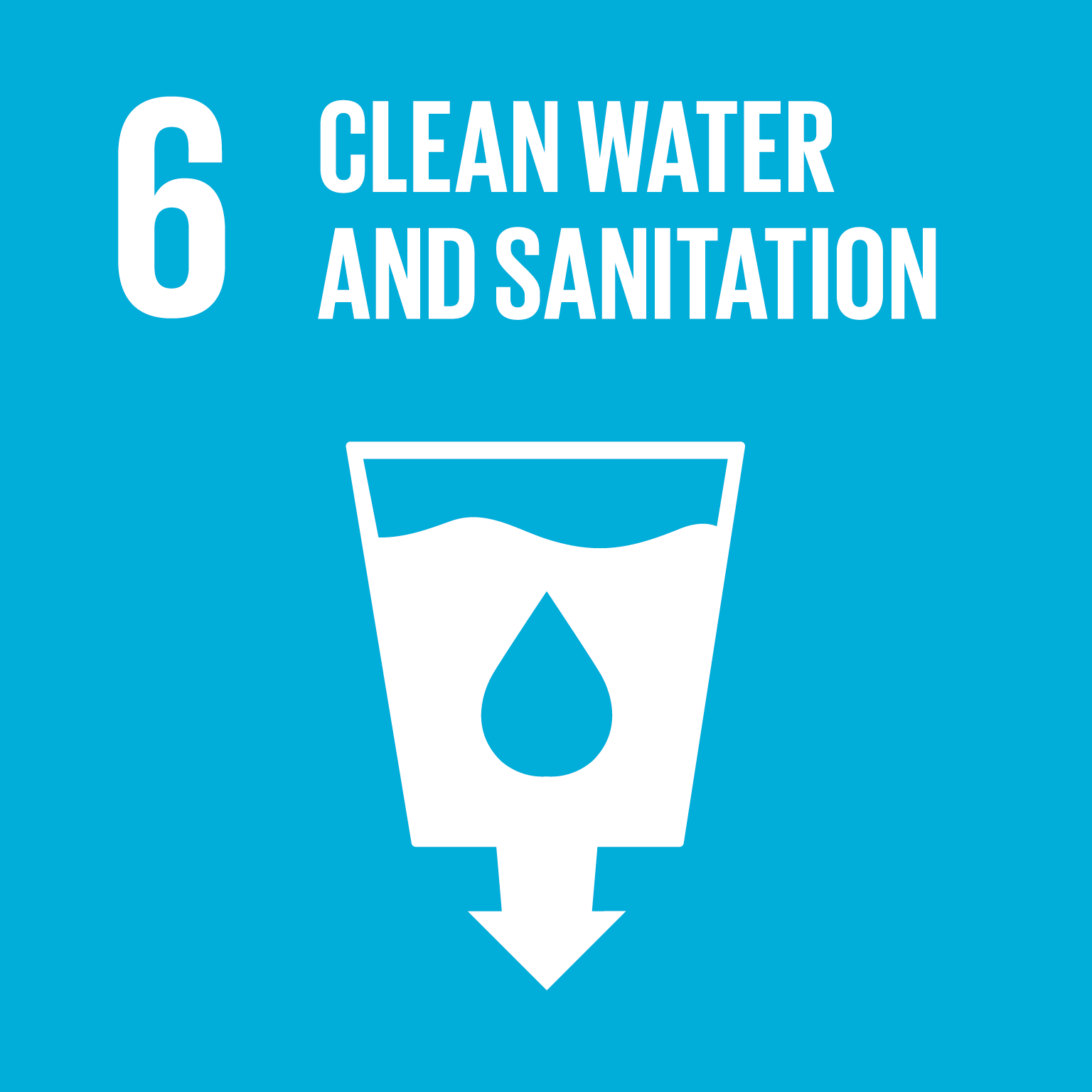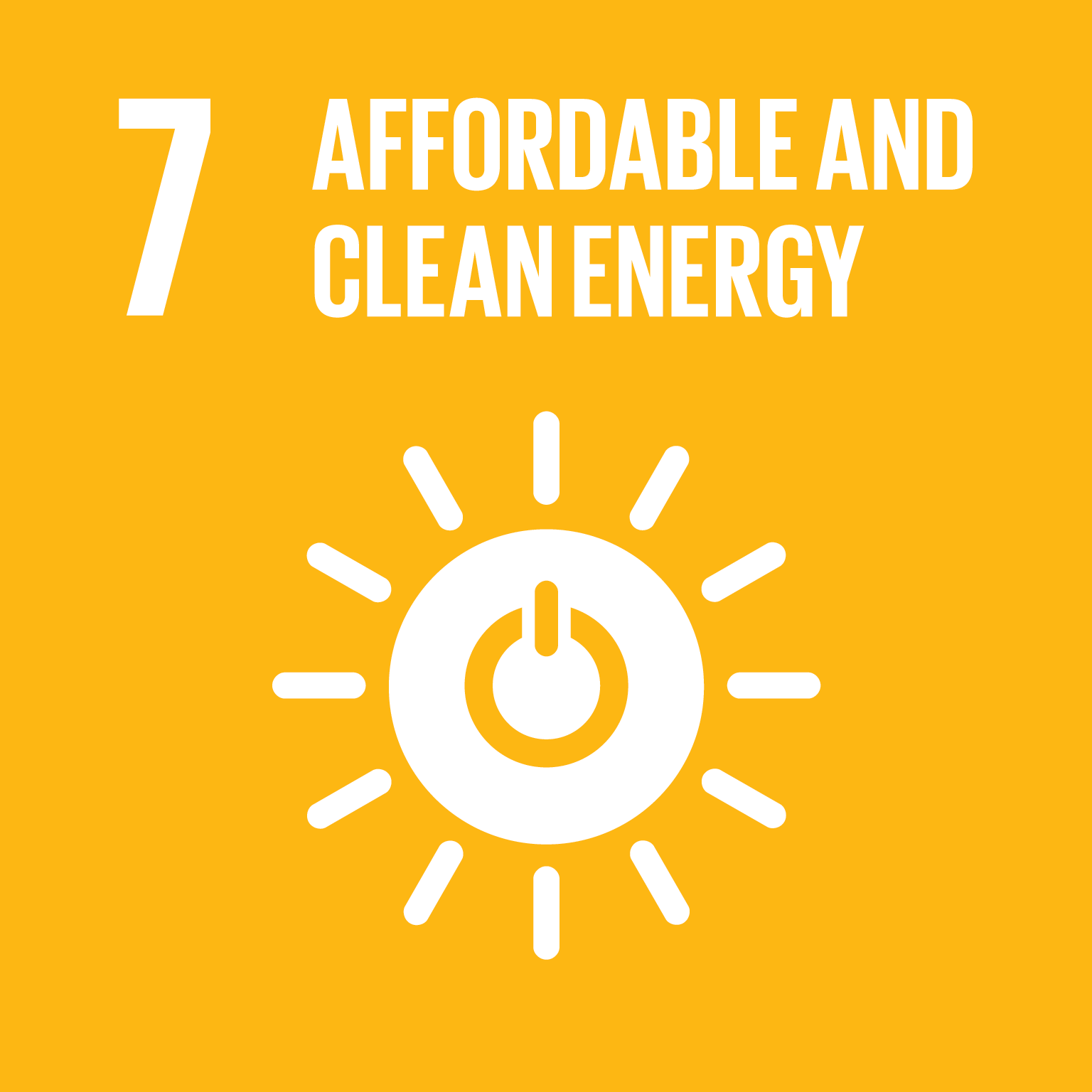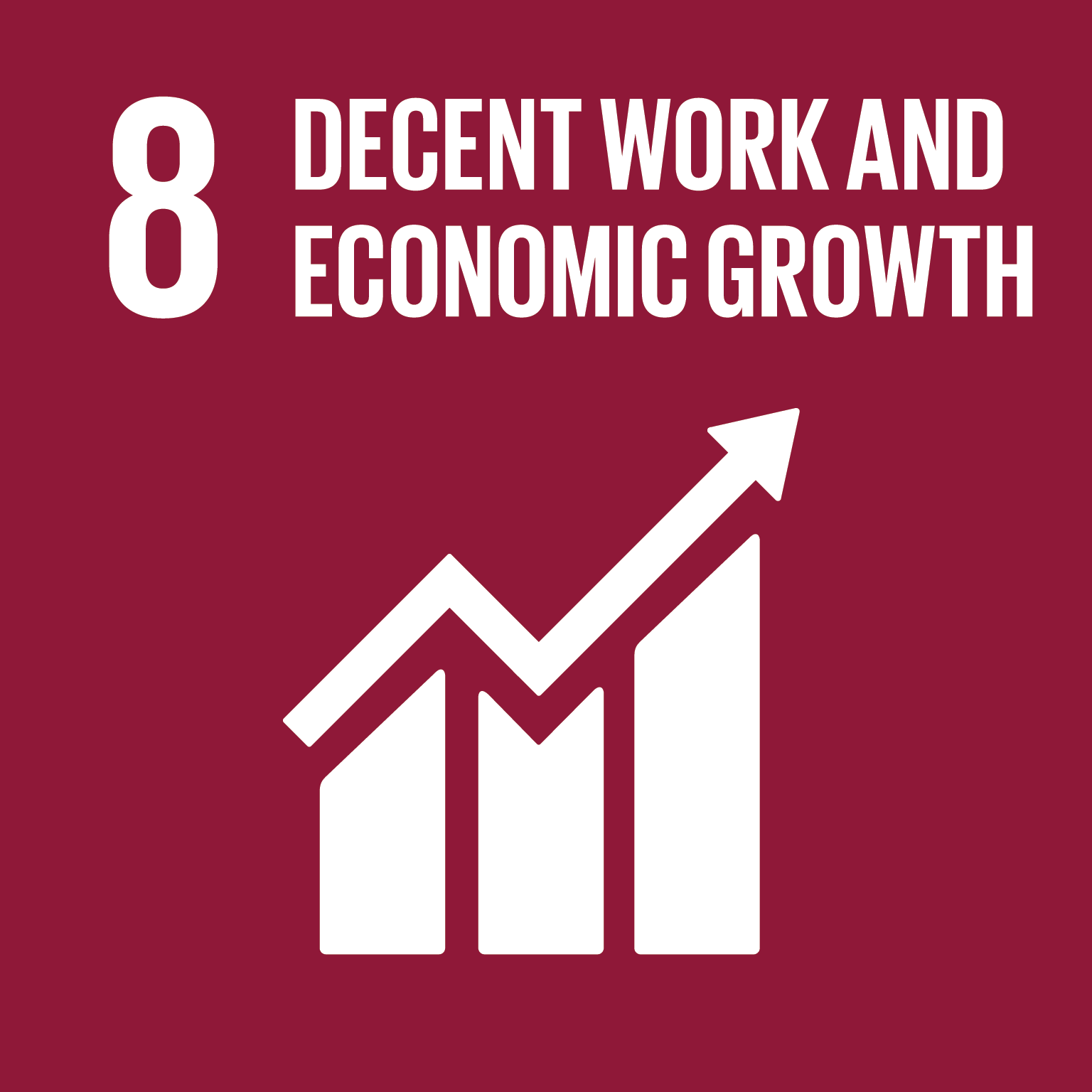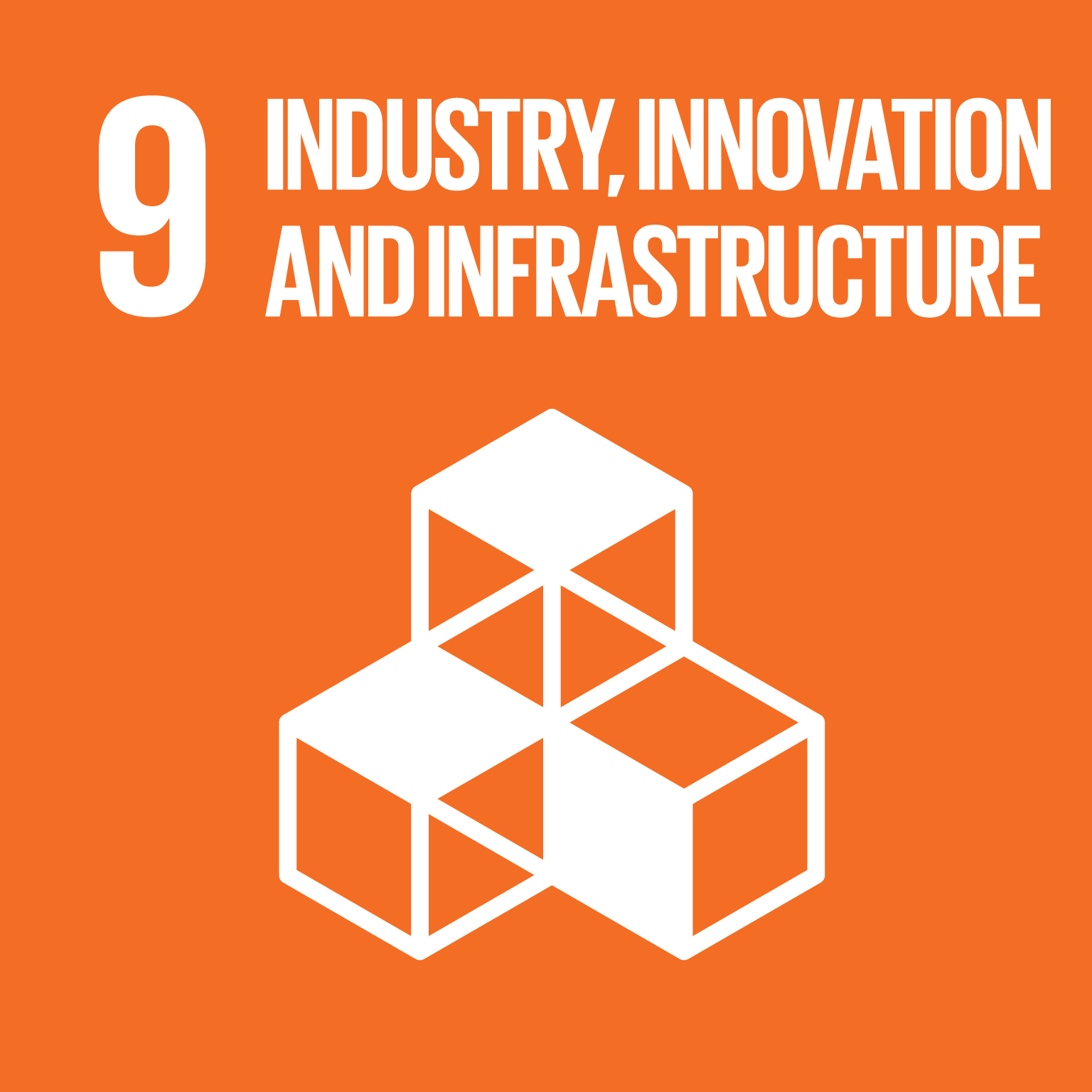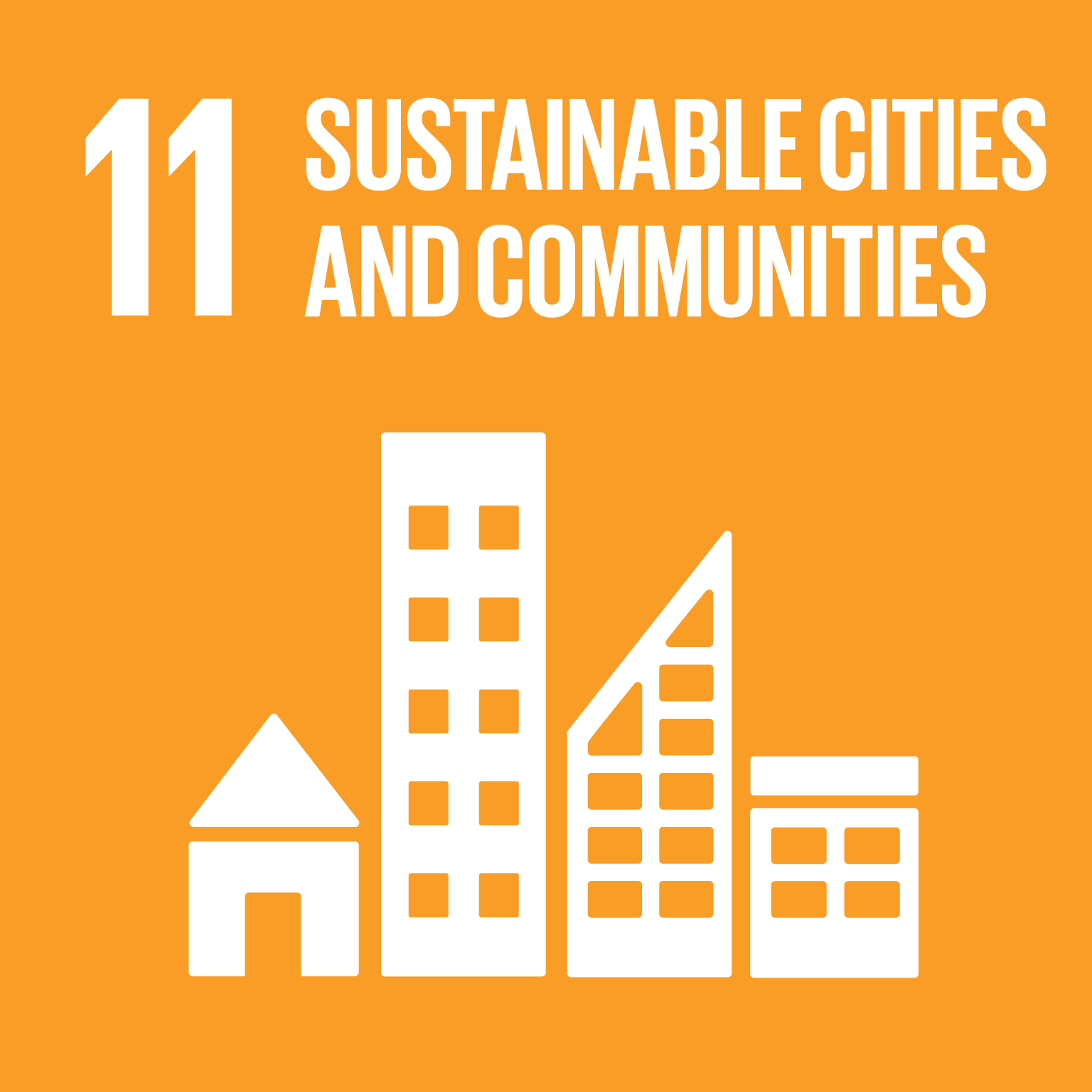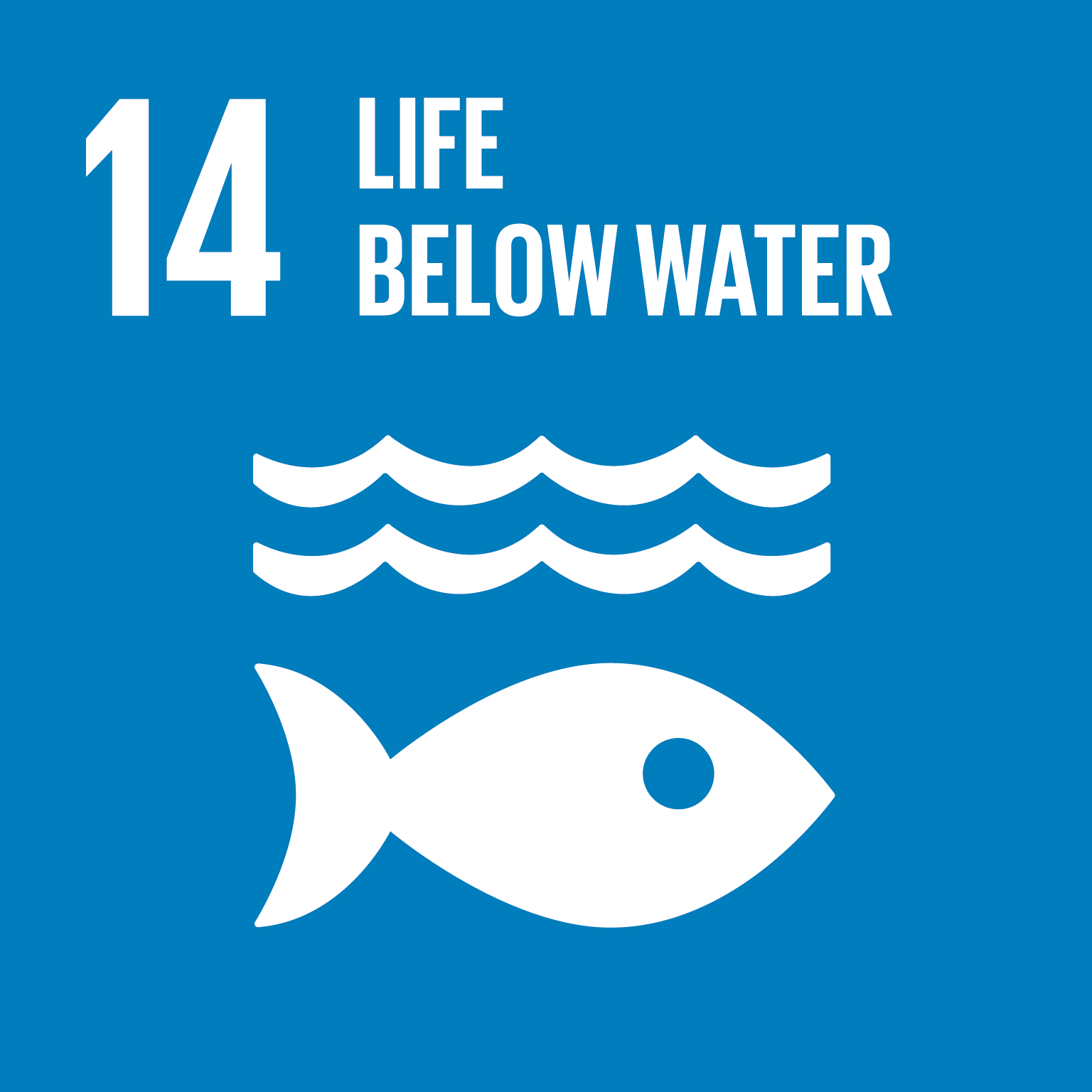Sustainable Development Goals and chlorine chemistry
This impact chlorine chemistry has on improving quality of life is especially clear in relation to the United Nations’ Sustainable Development Goals (SDGs), which outline specific ways to ensure a sustainable future for people everywhere. The United Nations asked governments, the private sector, and communities to do their part in making these a reality by 2030.
Chlorine chemistry will have a positive impact in achieving many of these goals.
Crop protection compounds produced using chlorine chemistry contribute to a plentiful harvest, and chlorine-based disinfectants help provide safe drinking water. Chlorine chemistry is key in the manufacture of many life-changing technologies such as smartphones, which enable economic development by providing people the tools to access credit and microloans.
The products of chlorine chemistry help protect crops, contributing to a bountiful harvest and more affordable groceries. Certain food packaging, made using chlorine-based plastic wrap, helps reduce food wastage. Chlorine-based sanitizers help keep food processing equipment and surfaces free of pathogens for a safer food supply.
Infrastructure for water and sanitation systems, electricity, and communications all benefit from the products of chlorine chemistry. Water and electricity infrastructure from PVC pipes to polymer wire insulators are made using chlorine chemistry. Titanium metal, purified using chlorine chemistry, is an essential component in aerospace components, turbines, and other industrial components.
Gaining access to safe drinking water can have a profound effect on poor communities by reducing waterborne diseases and eliminating the mainly female burden of water procurement. Computer technology made possible with chlorine chemistry can help minimize the urban/rural divide by bringing information to remote places.
Building materials that are products of chlorine chemistry can be used to create safe and affordable housing and other structures. Fiber optic cables and computer chips are manufactured using chlorine chemistry, enabling high-speed telecommunications, and smarter transportation networks and electrical grids.
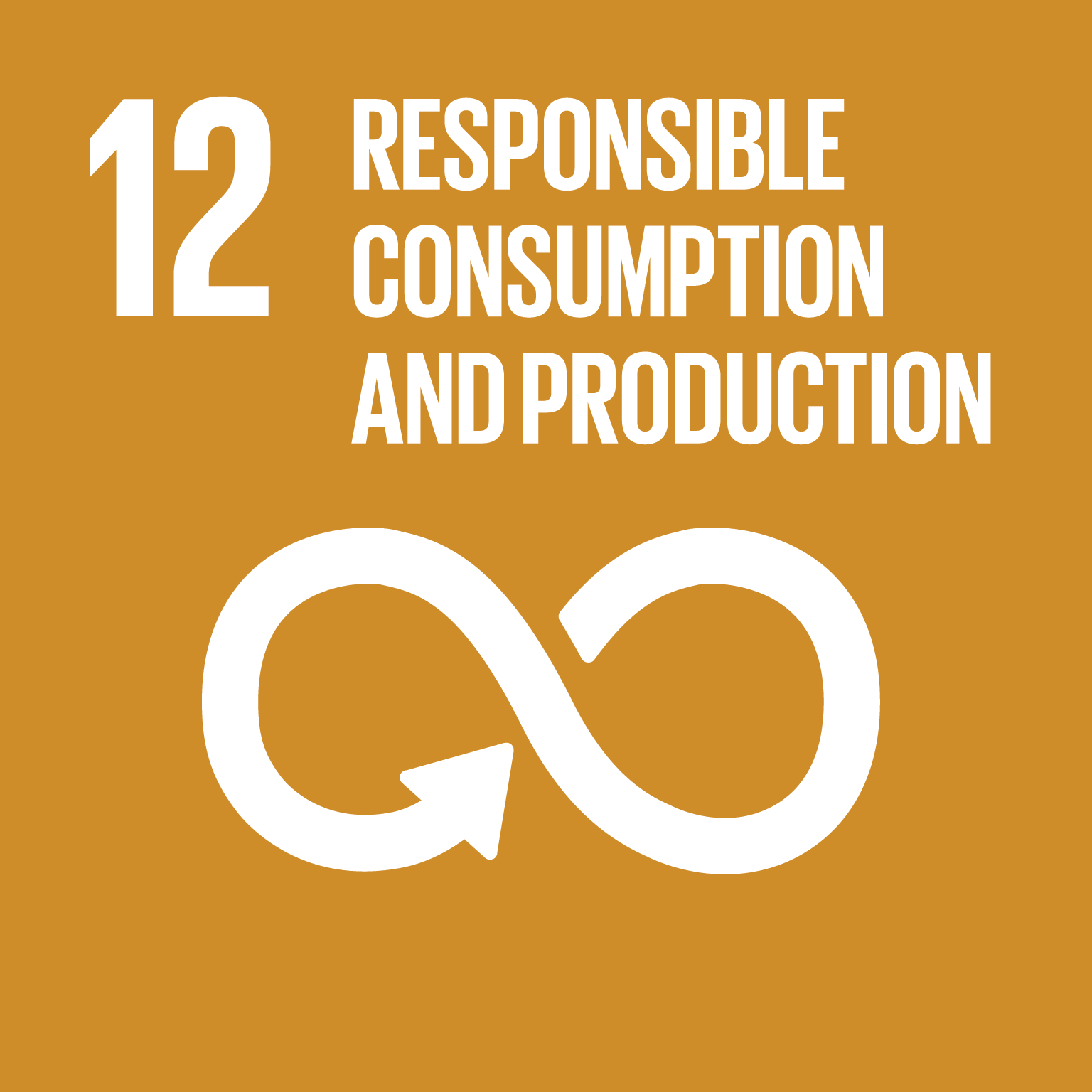
Chlorine chemistry is used in industries like titanium and titanium dioxide production, reducing waste and minimizing inputs compared to alternative chemical routes. Aluminum recycling is accomplished with the help of chlorine chemistry.
Many organizations are working hard to bring the benefits of chlorine chemistry to people everywhere through innovative projects and initiatives. Some of these include the Chlorine Chemistry Foundation, the World Chlorine Council, and the Canadian Chlorine Chemistry Council.



